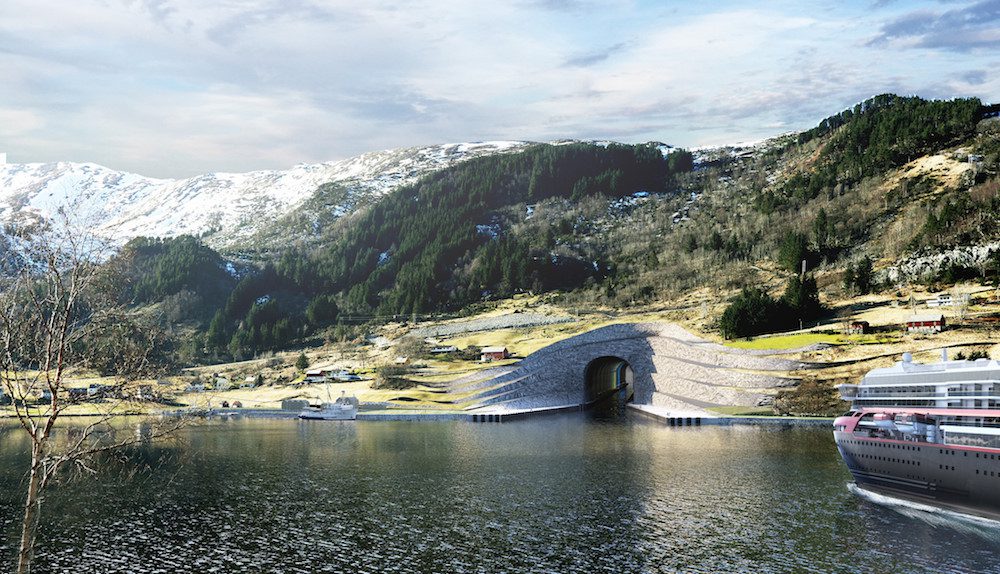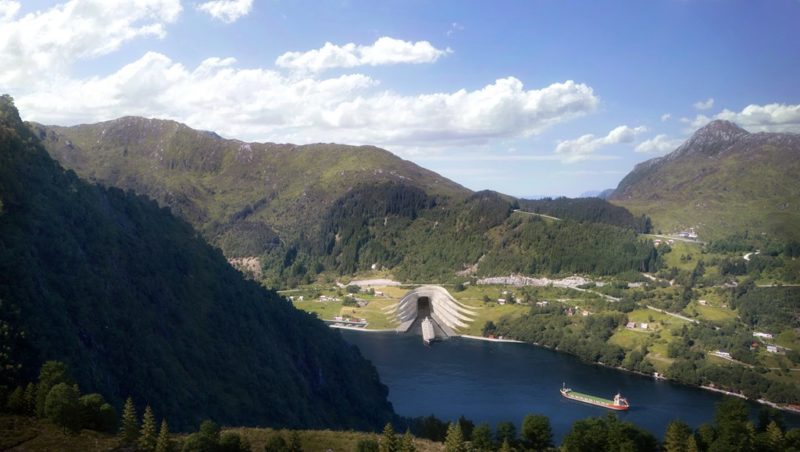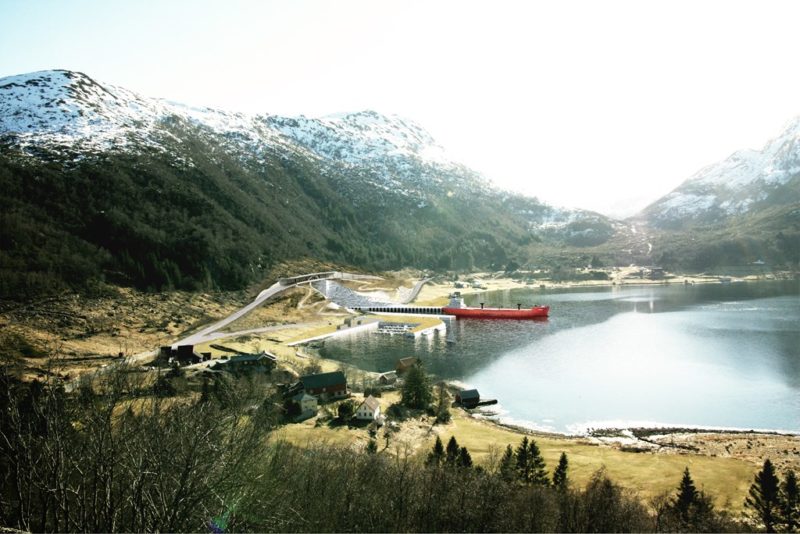Unions Slam Trump For Giving China A Pass On Shipbuilding
By Joe Deaux and Laura Curtis Nov 8, 2025 (Bloomberg) –A group of labor unions led by the United Steelworkers slammed the Trump administration for suspending port fees on Chinese ships...

Norway has given the green light to begin preparations for the construction on what is expected to become the world’s first ship tunnel.
The Stad Ship Tunnel will cut through the Norway’s Stad peninsula allowing ships up to 25.5 meters wide to avoid one of the most dangerous routes along the Norwegian coast.
The Norwegian Coastal Administration has received an assignment letter from the Ministry of Transport and Communications, which gives a green light to start preparations for the construction of the tunnel.
“Based on the allocation letter, we will now start the processes of acquisitioning properties in the area where the ship tunnel will be located, as well as put in place a project organization, prepare a tender basis and initiate a tender,” said Terje Andreassen, a temporary project manager for the Stad Ship Tunnel at the Norwegian Coastal Administration.

The entire project is estimated to cost NOK 2.8 billion (USD $330 million) with a construction period of three to four years. The Norwegian Coastal Administration is aiming to acquire the land and select a contractor sometime this year which will allow construction to start in 2022.
The Stad Ship Tunnel will be blasted through about a mile (1.7 km) of rock at the narrowest point of the Stad Peninsula.

The tunnel won’t actually shorten the distance around the peninsula, rather it is intended to allow ships to bypass the Stadhavet Sea where the North and Norwegian seas meet, an area that is considered one of the most exposed and dangerous areas for vessels along the coast of Norway.
The idea for a bypass route through Stad has been kicked around in Norway for decades, but the idea has picked up steam in the recent years following studies pin-pointing the best route. Norway officially launched the project in 2017.
“If everything goes according to plan, the world’s first full-scale ship tunnel will be completed in 2025/2026,” says Terje Andreassen.

Sign up for gCaptain’s newsletter and never miss an update

Subscribe to gCaptain Daily and stay informed with the latest global maritime and offshore news
Essential news coupled with the finest maritime content sourced from across the globe.
Sign Up